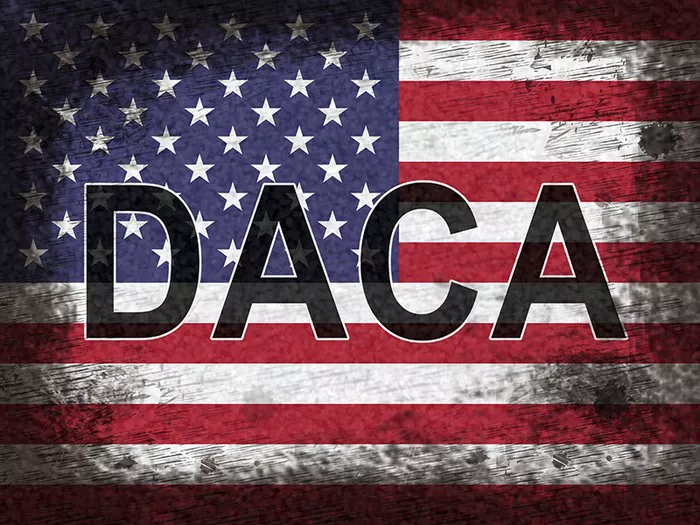The Deferred Action for Childhood Arrivals (DACA) program has been a focal point of U.S. immigration policy and political discourse since its inception. Providing temporary relief from deportation and work authorization to certain undocumented individuals who came to the United States as children, DACA has been both praised as a humane policy and criticized as an overreach of executive authority. This article aims to provide a thorough understanding of DACA, including its history, benefits, challenges, and its impact on individuals and communities.
Introduction to DACA
DACA was established through executive action by President Barack Obama in June 2012. The program aimed to address the situation of undocumented immigrants who were brought to the United States as children, often referred to as Dreamers. These individuals, despite lacking legal status, had grown up in the United States and often considered it their only home. DACA offered them a reprieve from deportation and the opportunity to legally work in the country for renewable periods of two years.
Benefits of DACA
DACA provides several significant benefits to eligible individuals:
1. Protection from Deportation: DACA recipients receive temporary relief from deportation, allowing them to live and work in the United States without fear of being removed from the country.
2. Work Authorization: DACA recipients are eligible to obtain work authorization, enabling them to legally work and contribute to the U.S. economy.
3. Access to Education: DACA recipients may have improved access to educational opportunities, including in-state tuition rates at colleges and universities in some states.
4. Driver’s Licenses: Many states grant driver’s licenses to DACA recipients, allowing them to legally drive and participate in daily activities.
5. Social Security Numbers: DACA recipients can obtain Social Security numbers, enabling them to pay taxes and access certain benefits.
These benefits have had a transformative impact on the lives of DACA recipients, empowering them to pursue their dreams and contribute to their communities.
Challenges Facing DACA
Despite its benefits, DACA faces several challenges:
1. Legal Uncertainty: DACA’s future has been uncertain since its inception, with ongoing legal challenges and attempts to rescind the program.
2. Temporary Nature: DACA provides only temporary relief and work authorization, subjecting recipients to uncertainty and insecurity every time their status needs renewal.
3. Limited Benefits: DACA does not provide a pathway to citizenship or permanent residency, limiting recipients’ long-term prospects and opportunities.
4. Political Controversy: DACA has been a source of political controversy, with debates over immigration policy, executive authority, and the rights of undocumented individuals.
5. Administrative Burden: The application process for DACA can be complex and costly, posing challenges for individuals, particularly those with limited resources or access to legal assistance.
These challenges underscore the need for comprehensive immigration reform that provides a permanent solution for DACA recipients and addresses broader issues within the immigration system.
Impact of DACA
DACA has had a significant impact on individuals, communities, and the nation as a whole:
1. Personal Stories: DACA has allowed thousands of individuals to pursue their educational and career goals, start businesses, support their families, and contribute to their communities.
2. Economic Contributions: DACA recipients contribute billions of dollars to the U.S. economy through taxes, consumer spending, and job creation.
3. Social Integration: DACA has facilitated the integration of undocumented individuals into American society, allowing them to fully participate in their communities and pursue the American Dream.
4. Cultural Enrichment: DACA recipients bringdiverse perspectives, talents, and experiences to the United States, enriching the nation’s cultural fabric and fostering innovation and creativity.
5. Humanitarian Impact: DACA has provided a lifeline to vulnerable individuals facing the threat of deportation, offering them hope, dignity, and a sense of belonging.
Despite these positive impacts, DACA’s future remains uncertain, highlighting the need for sustained advocacy and action to protect and expand the program.
Conclusion
DACA represents a critical lifeline for undocumented individuals who came to the United States as children, offering them temporary relief from deportation and the opportunity to legally work and contribute to their communities. While the program has provided significant benefits to thousands of individuals, it faces ongoing challenges and uncertainty, underscoring the need for comprehensive immigration reform. As debates over immigration policy continue, it is essential to recognize the humanity and contributions of DACA recipients and work towards a fair and just solution that upholds American values of compassion, opportunity, and inclusivity.


